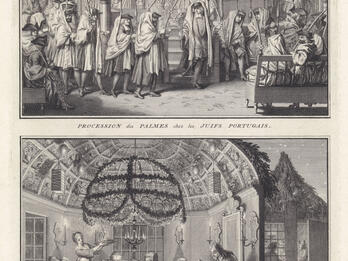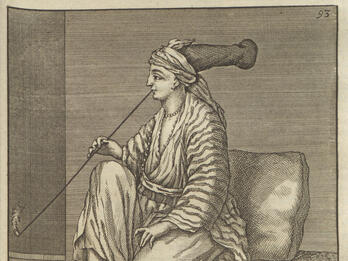Like a wooer and a husband
Like a wooer and a husband
I devote myself to your faith
since being a husband does not imply
a courtly surrender.
Like a wooer I pursue your love
because I wish to merit
the privileges of a husband
though I must suffer to achieve it.
Even without the debt of husbandly
respect, I must love, and doing so
with gallantry and attentions,
my dearest Leonisa, is a duty.
My desire does not direct itself
to reward or gain,
for upon becoming a husband
nothing remains to possess.
I only wish, because I love you,
that you should come to believe
that I can love you without hope
of ever seeing you again.
For placed in this prison
I live while dying, and I do not know
if I shall come out of it, or if I do come out,
I do not know when I shall.
Near and far from you I live,
far, because to obey
is obligatory, even though I shed tears
at the severity of the law.
Near, because my heart
yours has been and will be,
and being yours, it is necessarily
very near to you.
The wall that divides us
provides us often with solace
which, though enveloped in fears,
tempers the disdain of fate.
But alas for me! For while imitating them
I doubt them, because I do not know
if it is you who speaks to me
or if the wall is taking pity.
Sighs are messengers
of reassurance sometimes,
but then suffering tightens
the cord around one’s throat.
Of the misfortunes that afflict me
I come to feel, my beloved,
that your cruel imprisonment
pains me more than my own.
This life that I possess
I would wish to lose, and to have,
in order to give you liberty,
many lives to lose.
Eight times have I seen the sun
vanish behind the horizon
without my eyes having seen
the shining sun of your beauty.
For the merits of loving you
they might let me,
a moth to your flame,
burn in your sight.
Because even if this suffering wanted to
stop me from loving you, it could not,
since even beyond death,
Leonisa, I will love you.
Translated by
David
Herman
.
Credits
Abraham Gómez Silveira, “Romance: Como galán y marido (Like a wooer and a husband),” in Kenneth Brown and Harm den Boer, El Barroco Sefardí Abraham Gómez Silveira (Kassel: Edition Reichenberger, 2000), 84–85.
Published in: The Posen Library of Jewish Culture and Civilization, vol. 5.




